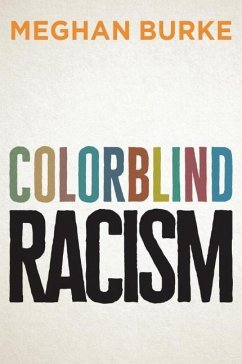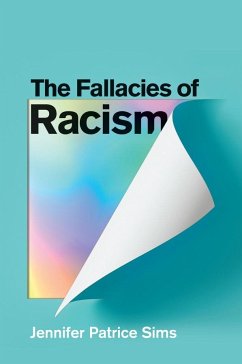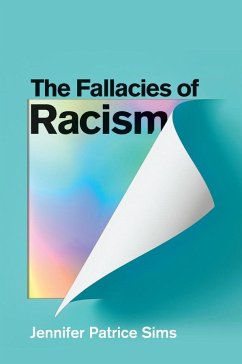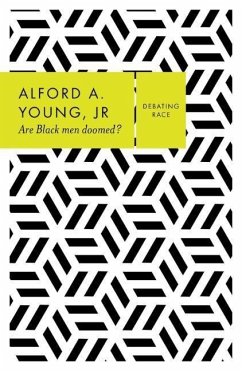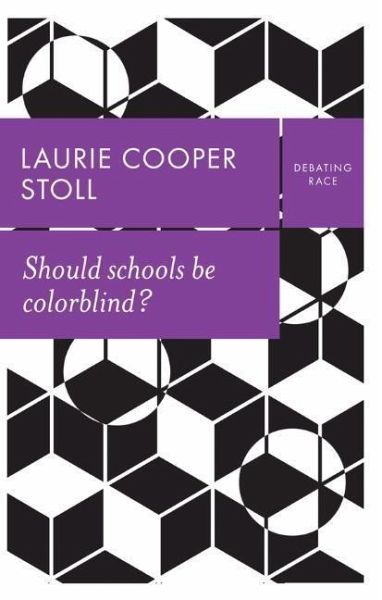
Should Schools Be Colorblind?
Versandkostenfrei!
Versandfertig in über 4 Wochen
59,99 €
inkl. MwSt.
Weitere Ausgaben:

PAYBACK Punkte
30 °P sammeln!
Is being colorblind the most effective way to address overt and covert racism in schooling today? Should educators pretend that race doesn't matter?Award-winning sociologist Laurie Cooper Stoll argues that, as long as society is stratified along racial lines, taking a colorblind approach will never end racial inequalities in schooling. Educators must strive to be color-conscious and actively engage in antiracism if they want to address prejudice and discrimination in education and the wider society. If not, they end up perpetuating racial inequity and white supremacy, whether intentionally or ...
Is being colorblind the most effective way to address overt and covert racism in schooling today? Should educators pretend that race doesn't matter?
Award-winning sociologist Laurie Cooper Stoll argues that, as long as society is stratified along racial lines, taking a colorblind approach will never end racial inequalities in schooling. Educators must strive to be color-conscious and actively engage in antiracism if they want to address prejudice and discrimination in education and the wider society. If not, they end up perpetuating racial inequity and white supremacy, whether intentionally or not. Drawing on her research and professional development with educators as well as her experience as a publicly elected school board member, Stoll illustrates the complexities, contradictions, and consequences of colorblindness in schools and provides concrete suggestions for people coming to racial justice work in education from multiple entry points.
Award-winning sociologist Laurie Cooper Stoll argues that, as long as society is stratified along racial lines, taking a colorblind approach will never end racial inequalities in schooling. Educators must strive to be color-conscious and actively engage in antiracism if they want to address prejudice and discrimination in education and the wider society. If not, they end up perpetuating racial inequity and white supremacy, whether intentionally or not. Drawing on her research and professional development with educators as well as her experience as a publicly elected school board member, Stoll illustrates the complexities, contradictions, and consequences of colorblindness in schools and provides concrete suggestions for people coming to racial justice work in education from multiple entry points.







